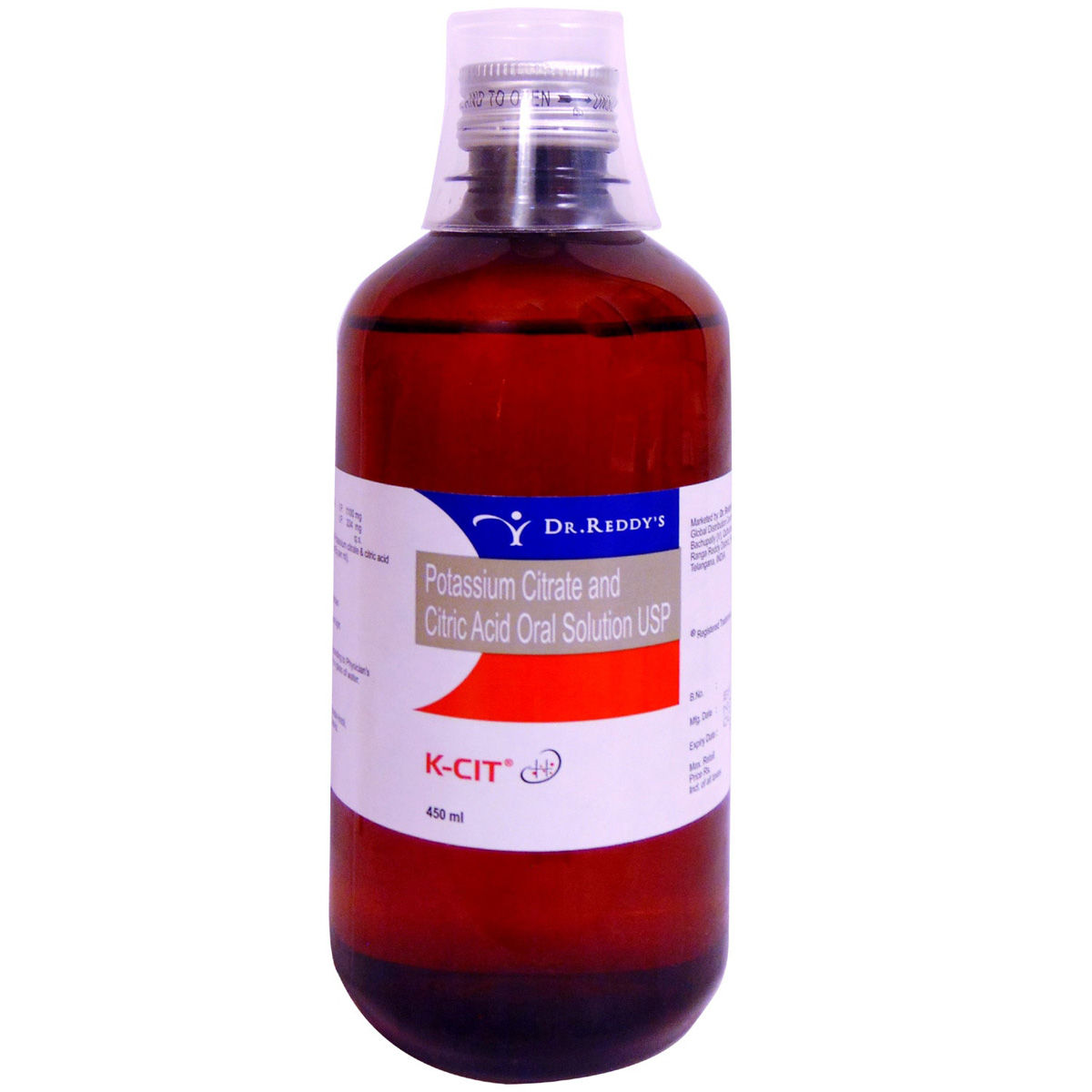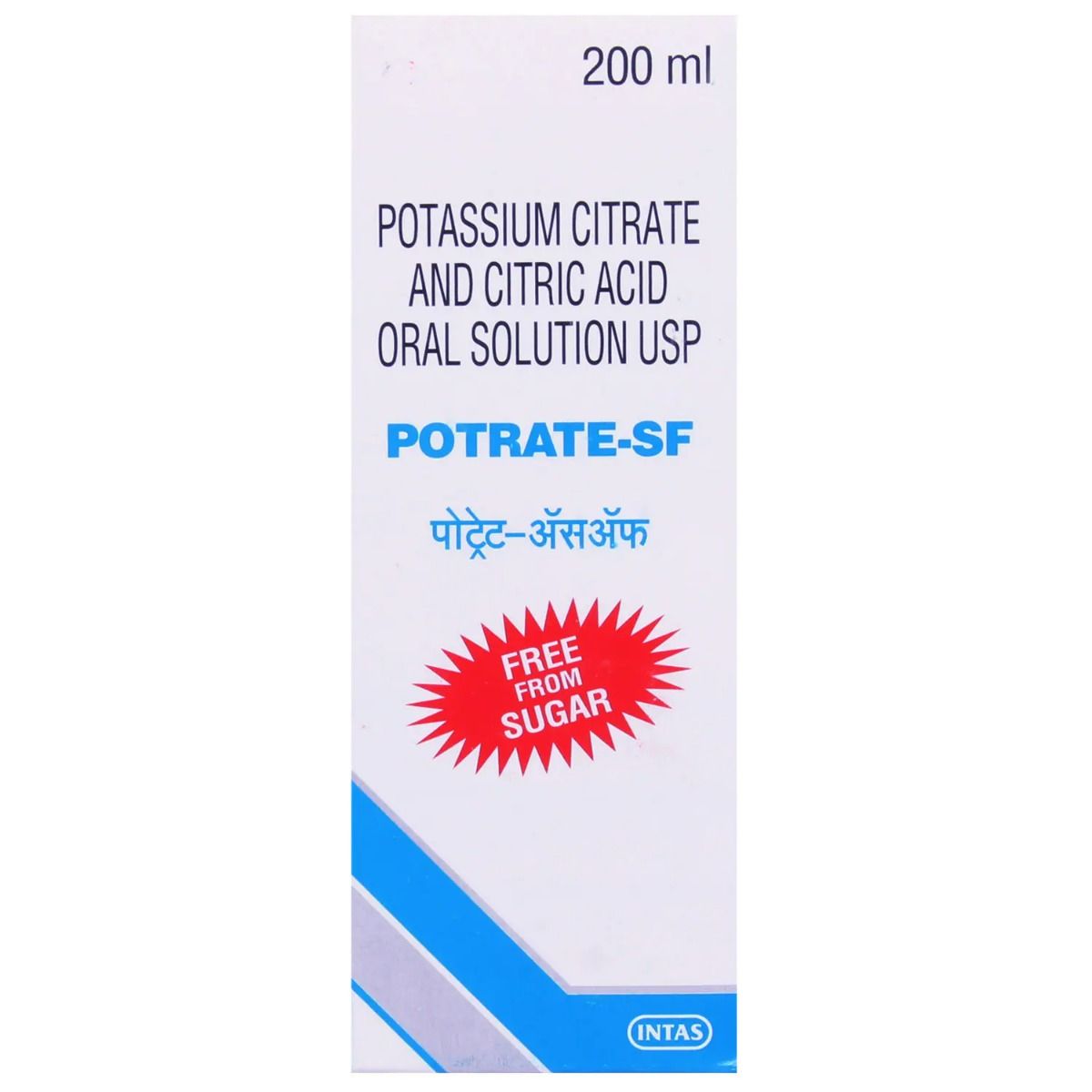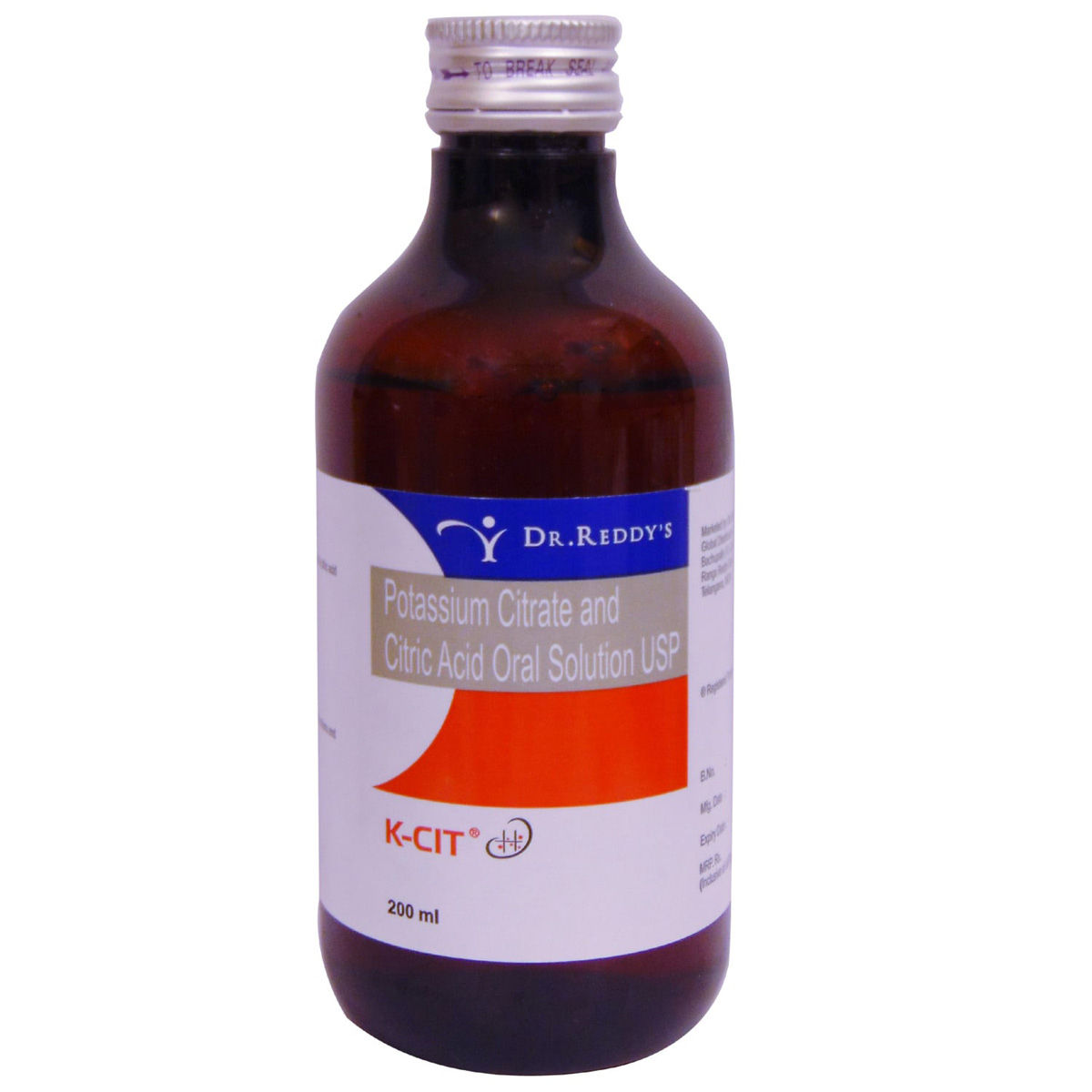Proliser Syrup 100 ml
₹100.8*
MRP ₹112
10% off
₹93.55*
MRP ₹112
15% CB
₹18.45 cashback(15%)
Free Delivery
With Circle membership
(Inclusive of all Taxes)
This offer price is valid on orders above ₹800. Apply coupon PHARMA10/PHARMA18 (excluding restricted items)
Know Your Delivery Time
Provide Delivery Location



Secure Payment

India's Most Trusted Pharmacy

Genuine Products
Composition :
Manufacturer/Marketer :
Consume Type :
Return Policy :
Expires on or after :
About Proliser Syrup
Proliser Syrup is used to reduce the acidity of the urine. This function aids in the kidneys' elimination of uric acid, which helps to prevent kidney stones and gout. Additionally, Proliser Syrup can be used to prevent and treat kidney disease-related metabolic issues such as diabetic ketoacidosis.
Proliser Syrup combines two medicines: Citric acid and Potassium citrate. Citric acid prevents the formation of deposits by binding with the salts and also breaks down the small deposits that are beginning to form. Potassium citrate is alkaline in nature and works by neutralizing the acids in the blood and urine, thereby preventing the accumulation of salts in the body.
Proliser Syrup is available in the form of oral liquid. You should take this medicine as prescribed by your doctor. Proliser Syrup may cause side effects such as diarrhoea, stomach upset, nausea, and vomiting. These side effects are mild and temporary. However, inform your doctor if any of these side effects persist or get worse.
To treat your condition, continue taking Proliser Syrup for as long as your doctor has prescribed it. Do not take Proliser Syrup if you are allergic to Citric acid, potassium citrate, or other ingredients. Inform your doctor if you are pregnant or breastfeeding before taking the Proliser Syrup . It should not be used in patients with severe kidney failure, severe heart damage, severe dehydration, heat cramps, Addison’s disease (an adrenal gland disorder), or hyperkalemia (high blood potassium levels). Proliser Syrup should not be given to children unless prescribed by a doctor. Avoid alcohol consumption while taking Proliser Syrup as it might increase certain side-effects. Keep your doctor informed about all the medicines you are taking and your health condition to rule out any unpleasant side effects.
Uses of Proliser Syrup
Directions for Use
Medicinal Benefits
Proliser Syrup is a combination of two medicines: Citric acid and Potassium citrate, primarily used to prevent gout and kidney stones and treat metabolic acidosis in patients with kidney diseases. Citric acid prevents the formation of deposits by binding with the salts and also breaks down the small deposits that are beginning to form. Potassium citrate is alkaline in nature and works by neutralizing the acids in the blood and urine. Proliser Syrup effectively reduces the crystallization of stone-forming salts such as calcium oxalate (in kidney stones) and uric acid (in gout).
Side Effects of Proliser Syrup
- Nausea
- Vomiting
- Diahrrea
- Stomach upset
- Black, tarry, or bloody stools
Storage
Drug Warnings
Proliser Syrup should be used with caution in patients with fluid loss (dehydration), heat cramps, high potassium levels, a certain problem that causes periods of muscle weakness (adynamia episodica hereditaria), kidney disease, heart disease, unable to pass urine, or untreated Addison's disease, toxaemia of pregnancy (high blood pressure during pregnancy), oedema (swelling), and chronic diarrhoea. Do not take antacids without consulting your doctor while using Proliser Syrup , as it may lead to electrolyte imbalances. Proliser Syrup should not be used in pregnancy or breastfeeding unless the doctor has told you to do so. Do not take food containing potassium supplements or other products that contain potassium, as they may worsen your condition. Stop using Proliser Syrup and consult a doctor immediately if you notice muscle twitching, swelling, weakness, mood changes, weight gain, increased heart rate, black or tarry stools, severe diarrhoea, or convulsions (fits) while using Proliser Syrup .
Therapeutic Class
Drug-Drug Interactions
Drug-Food Interactions
Drug-Drug Interactions Checker List
- ALUMINUM CARBONATE
- ALUMINUM HYDROXIDE
- ASPIRIN
- LITHIUM
- METHENAMINE
- QUINIDINE
- TRIAMTERENE
- SPIRONOLACTONE
- AMILORIDE
- DIPHENHYDRAMINE
- BROMPHENIRAMINE
- ENALAPRIL
- CAPTOPRIL
- FOSINOPRIL
- AMITRIPTYLINE
- AMOXAPINE
- DOXEPIN
- IMIPRAMINE
- SOLIFENACIN
- DARIFENACIN
Diet & Lifestyle Advise
Drink plenty of fluids.
Limit consumption of spinach, wheat bran, nuts, beets, and dairy products.
Avoid high salt intake and foods containing baking soda.
Do not take vitamin C and calcium supplements without your doctor’s advice.
Physical activity helps strengthen muscles and relieves joint stiffness. Gentle activities like 20-30minutes of walking or swimming would be helpful.
Performing yoga may also help in improving joint flexibility and pain management.
Maintain a healthy weight by performing regular low-strain exercises and eating healthy food.
Get adequate sleep, as resting the muscles can help reduce inflammation and swelling.
Follow heat or cold therapy, and apply a cold or hot compress on the joints for 15-20minutes regularly.
De-stress yourself by meditating, reading books, taking a warm bubble bath or listening to soothing music.
Acupuncture, massage and physical therapy may also be helpful.
Eat food rich in antioxidants such as berries, spinach, kidney beans, dark chocolate, etc.
Foods containing flavonoids help in reducing inflammation. These include soy, berries, broccoli, grapes and green tea.
Avoid smoking and alcohol consumption.
Habit Forming
How Proliser Syrup Works
What if I have taken an overdose of Proliser Syrup
Alcohol
Caution
Alcohol consumption may worsen your health condition.
Pregnancy
Caution
Proliser Syrup is a pregnancy category C drug. It should not be taken until prescribed. Your doctor will weigh the benefits and potential risks before prescribing them. Please consult your doctor.
Breast Feeding
Caution
There is limited data on how Proliser Syrup affects breastfeeding. Please consult your doctor before taking Proliser Syrup . Your doctor will weigh the benefits and potential risks before prescribing them.
Driving
Safe if prescribed
Proliser Syrup may not affect your ability to drive.
Liver
Safe if prescribed
Proliser Syrup can be used in patients with liver diseases if prescribed.
Kidney
Caution
Proliser Syrup should be used with caution in patients with kidney diseases. Dose adjustments may be necessary.
Children
Caution
The safety and effectiveness of Proliser Syrup in children have not been established. Please consult your doctor before giving Proliser Syrup to children.
Country of origin
Manufacturer/Marketer address
Author Details
We provide you with authentic, trustworthy and relevant information
FAQs
Disclaimer
Customers Also Bought
Product Substitutes
Reference
- https://www.accessdata.fda.gov/drugsatfda_docs/label/2010/019071s012lbl.pdf
- https://www.drugs.com/cdi/potassium-citrate-and-citric-acid-solution.html
- https://www.mayoclinic.org/drugs-supplements/potassium-citrate-oral-route/side-effects/drg-20074773?p=1#:~:text=Potassium%20citrate%20is%20used%20to,more%20alkaline%20(less%20acid).




















